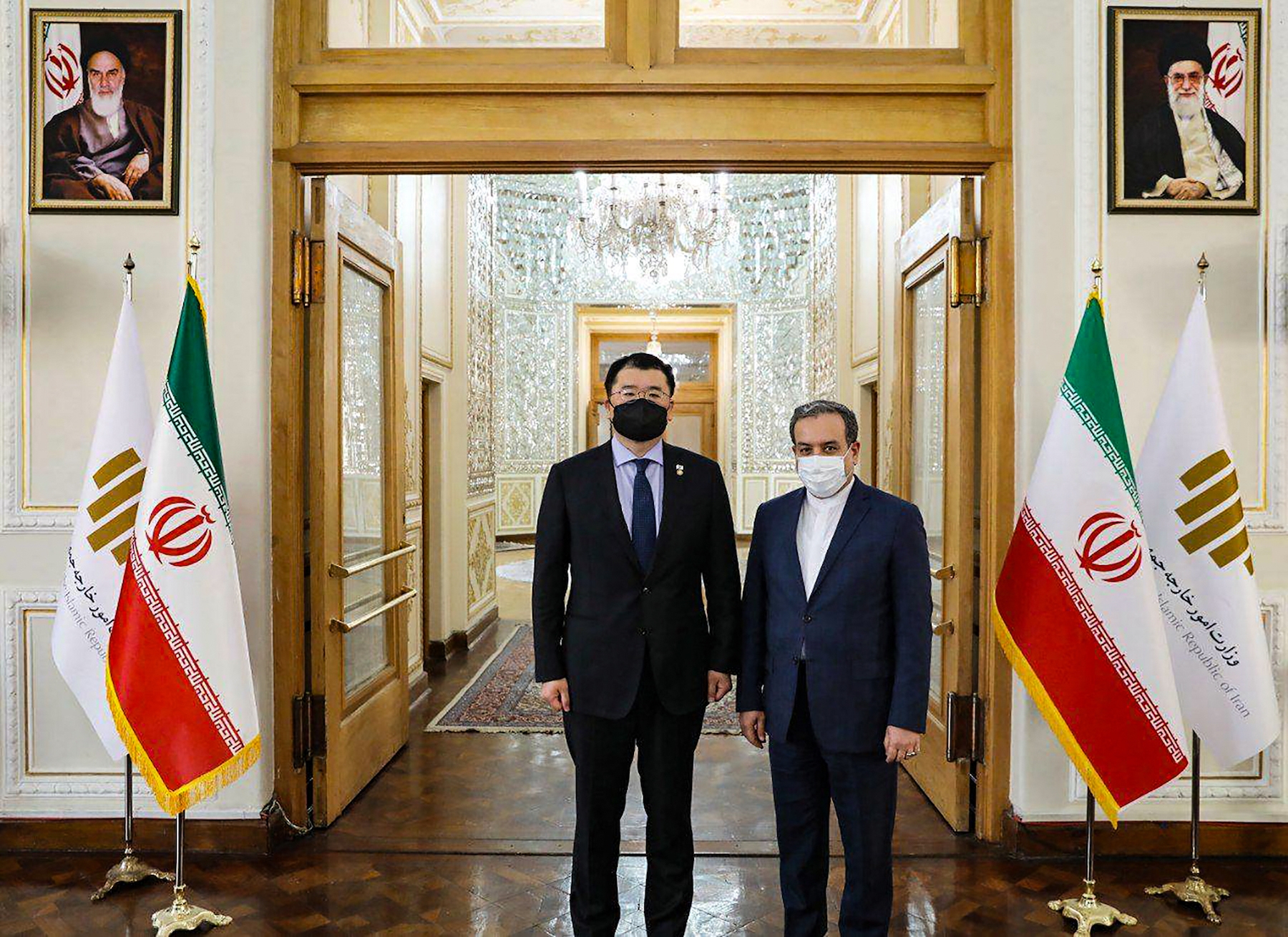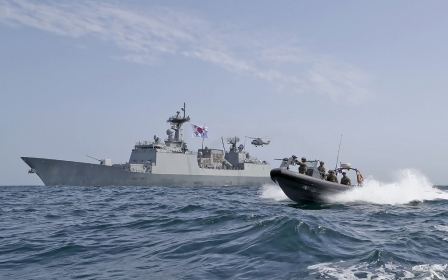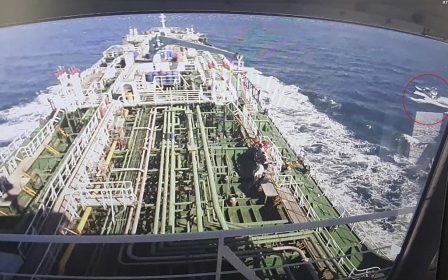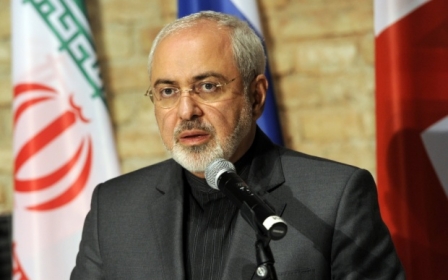Iran allows crew of seized South Korean oil tanker to leave in 'humanitarian move'

Iran has agreed to allow the crew members of a South Korean tanker seized last month to leave the country on humanitarian grounds, officials said on Tuesday.
"Following a request by the South Korean government, the crew of the Korean ship, which was detained on charges of causing environmental pollution in the Persian Gulf, has received permission to leave the country in a humanitarian move by Iran," Foreign Ministry spokesman Saeed Khatibzadeh told state media.
The legal case against the vessel and its captain will continue however, he added.
The Islamic Revolutionary Guard Corps seized the Hankuk Chemi and arrested its multinational crew near the strategic Strait of Hormuz on 4 January, saying it had polluted the waters.
'The two sides … shared the view that the release of the sailors was an important first step to restore trust'
- statement from South Korea's Foreign Ministry
The development came as Tehran urged Seoul to release billions of dollars of Iranian assets frozen in South Korea due to US sanctions, which Washington reimposed in 2018 after then-President Donald Trump withdrew from Iran's 2015 nuclear deal with world powers.
Deputy Foreign Minister Abbas Araghchi spoke by telephone with his South Korean counterpart Choi Jong-kun on the release of the crew and the issue of releasing the $7bn in Iranian funds.
"The two sides … shared the view that the release of the sailors was an important first step to restore trust between the two countries and they will work to resolve the issue of frozen Iranian assets in South Korean banks," South Korea's Foreign Ministry said in a statement.
"Choi also said South Korea will do what it can in a speedy manner while discussing consultations with the United States on the issue," it said.
Choi had met with Araghchi in Tehran on 10 January in a bid to seek the release of the vessel.
Iran has denied allegations that the seizure of the tanker and its 20-member crew amounted to hostage-taking, and said it was Seoul that was holding the Iranian funds "hostage".
Middle East Eye propose une couverture et une analyse indépendantes et incomparables du Moyen-Orient, de l’Afrique du Nord et d’autres régions du monde. Pour en savoir plus sur la reprise de ce contenu et les frais qui s’appliquent, veuillez remplir ce formulaire [en anglais]. Pour en savoir plus sur MEE, cliquez ici [en anglais].




